The market for humanely raised livestock and poultry products is also gradually expanding because this is a trend that many environmental organizations and countries encourage.
 |
Nhat Thong Farm is raising poultry according to a humane model to meet world trends. |
Free range
In Nhat Thong organic farm (Nha Be district, Ho Chi Minh City), there are two chicken and duck farms that meet European organic standards. According to this standard, poultry are raised according to their instincts and treated humanely. The chickens and ducks will have an outdoor "playground" to "play around". If the duck farm has a large pond for swimming, the chicken farm has a pole for the chickens to fly up and perch... According to Mr. Pham Huu Thoi, Director of Nhat Thong Agricultural Company Limited (Everyday Organic brand), the farm currently raises more than 1,000 chickens and 300 ducks, each with an average of 4 square meters to play. "Natural grazing is very difficult because we have to keep the environment safe and minimize disease. The farm must be built in a high, well-drained place, far from areas with polluted environments and must have a buffer zone and fence separating it from the outside. The cages must be well-ventilated, ensuring air circulation and direct contact with natural light, convenient for feeding, drinking, and exercising; at the same time ensuring warmth in winter and coolness in summer," said Mr. Pham Huu Thoi. Another difficult factor is that poultry often lay eggs on rice husks and grass, so egg collection must be careful to avoid scaring the poultry. On the other hand, the investment cost for humane livestock farming is 30%-35% higher than the investment cost for industrial livestock farming - which is confined in mostly cramped cages.
Thanks to natural farming, the quality of poultry meat and eggs is better than that of industrially raised poultry; therefore, the products of Nhat Thong farm are mainly sold to restaurants, hotels in Ho Chi Minh City and high-end resorts, because most tourists request to use only eggs and meat from humanely raised poultry. “Although the market is still small and the investment cost is high, the selling price is about 30% higher than the price of regular chicken and duck eggs, so it is still profitable. With the current consumer trend of increasingly favoring poultry and livestock products that are treated humanely, the unit has prepared facilities to be able to expand the scale of raising up to 10,000 chickens. In addition to chickens and ducks, the farm also raises pigs, cows and goats according to organic standards, ensuring humane treatment in Dak Lak and Hau Giang provinces,” Mr. Pham Huu Thoi shared.
Similarly, recently, Vinh Thanh Dat Food Joint Stock Company (Vfood) has successfully implemented a humane chicken farming model and has been certified by the Humane Society International (HSI). With a passion for raising livestock and poultry in a humane way, Mr. Truong Chi Thien, General Director of Vfood, said that more than 3 years ago, the company received advice and guidance from HSI on this farming method. At first, the unit learned and knew that raising livestock in a humane way cost a lot of money and the market was still small, so they hesitated; But when HSI informed and helped them to research the market and realized that many hotels, restaurants, confectionery and food processing companies were required to use products from humanely raised livestock and poultry according to customer requirements, and this trend was also expanding globally, Vfood decided to develop a model of raising egg-laying hens naturally, not in cramped cages.
“In addition to the requirement of a natural, unpolluted farming environment, there is another criterion: it must not be near other farms to avoid the animals from being infected with diseases. In particular, animal feed must not contain bones from mammals; antibiotics must also be manufactured according to specific criteria. Because Vietnam has not produced feed and medicine according to such standards, Vfood had to find manufacturers to place separate orders,” said Mr. Truong Chi Thien. After 1 year of preparation and 1 year of raising, Vfood has just released its first batch of humane chicken eggs. Vfood's chicken farm is located in Long Khanh (Dong Nai province) with a total flock of 6,000 hens, estimated to provide about 1.5 million eggs annually. Vfood's humane chicken egg brand is on the shelves of supermarket chains and hotels in Ho Chi Minh City such as Co.opmart, MM Mega Market, Annam Naman, Sofitel Hotel, etc.
The market is gradually expanding
While the consumer trend in many countries around the world is gradually favoring products processed from humanely treated livestock and poultry, in Vietnam, domestic consumers are not very interested. There are no exact statistics, but according to representatives of some supermarkets that sell these products, the consumption of the products is not high. In the current difficult economic context, what consumers are most concerned about is still the price...
However, in reality, there is also a change. Ms. Le Thi Hang, Manager of the Farm Animal Welfare Program of HSI in Vietnam, assessed that after a period of conveying the message, many livestock companies have been reviewing and reconsidering their livestock models. HSI is committed to accompanying all of these businesses; at the same time, ensuring that pioneering businesses in this trend will have the necessary tools and techniques in the transition process - including visiting to learn about advanced models, consulting, and connecting with experts. Currently, the organization is also implementing a humane livestock model with pigs and cows on farms in the North from orders from processing enterprises.
From a state management perspective, Ms. Ha Thuy Hanh, Deputy Director of the National Agricultural Extension Center, Ministry of Agriculture and Rural Development, said that currently, some countries that want to export animal products must have a certificate of humane treatment of animals. In response to this trend, in the livestock development strategy until 2030, the Ministry of Agriculture and Rural Development has set a target of having about 20% of chickens raised humanely. In addition, pigs are also being considered for raising according to this standard. For their part, businesses must proactively cooperate with large farms to gradually convert to a model of raising animals humanely, in order to increase product value.
Source






























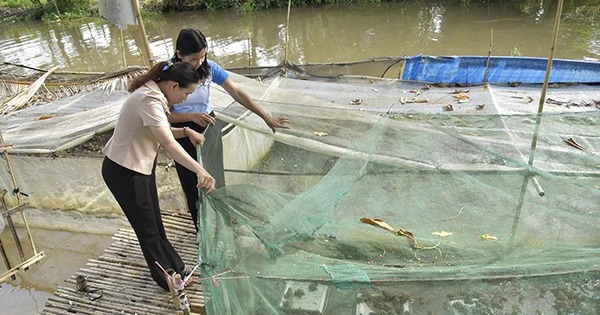


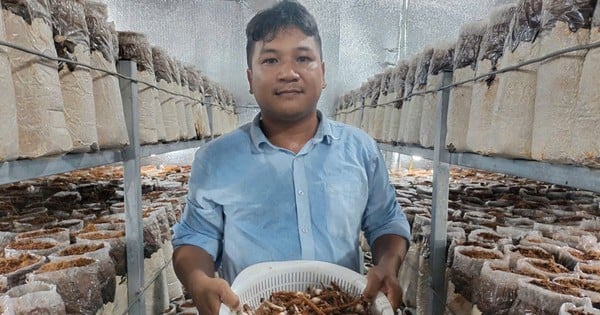

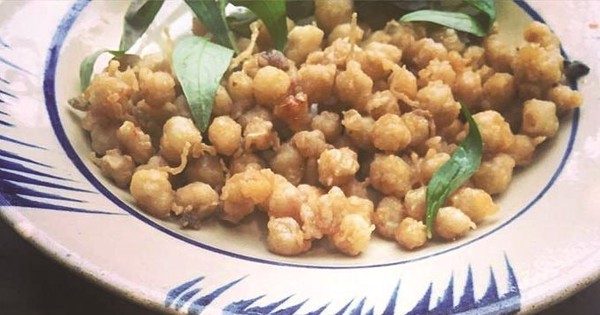
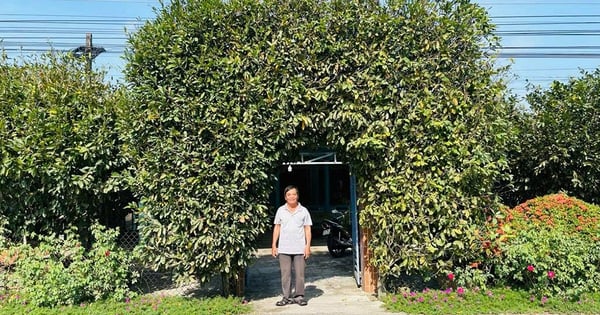
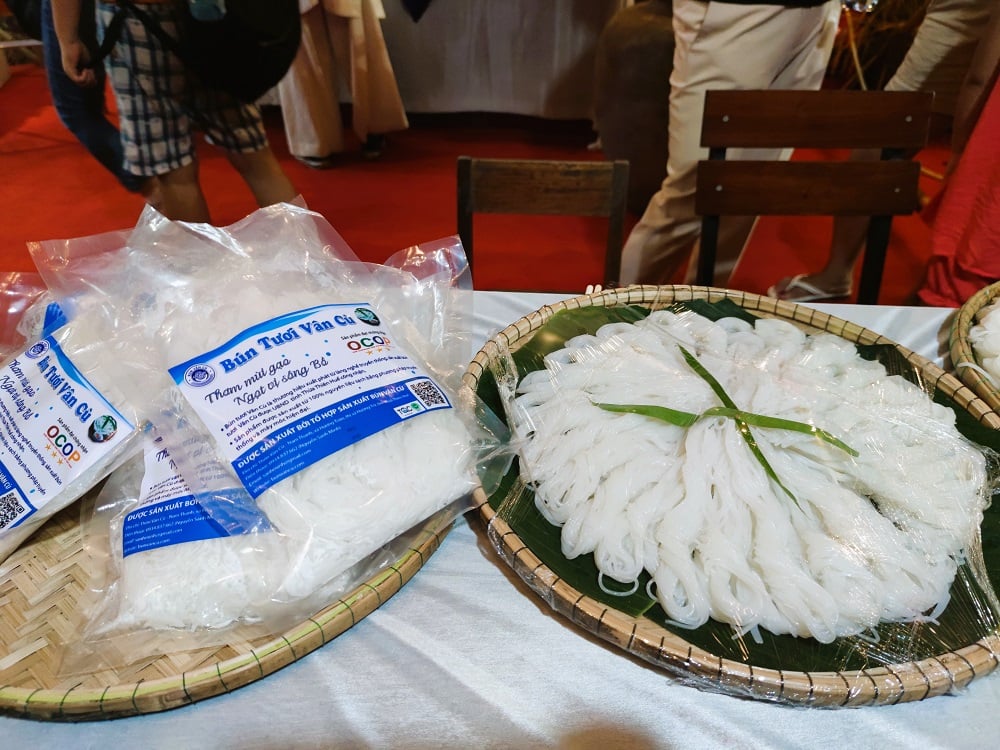



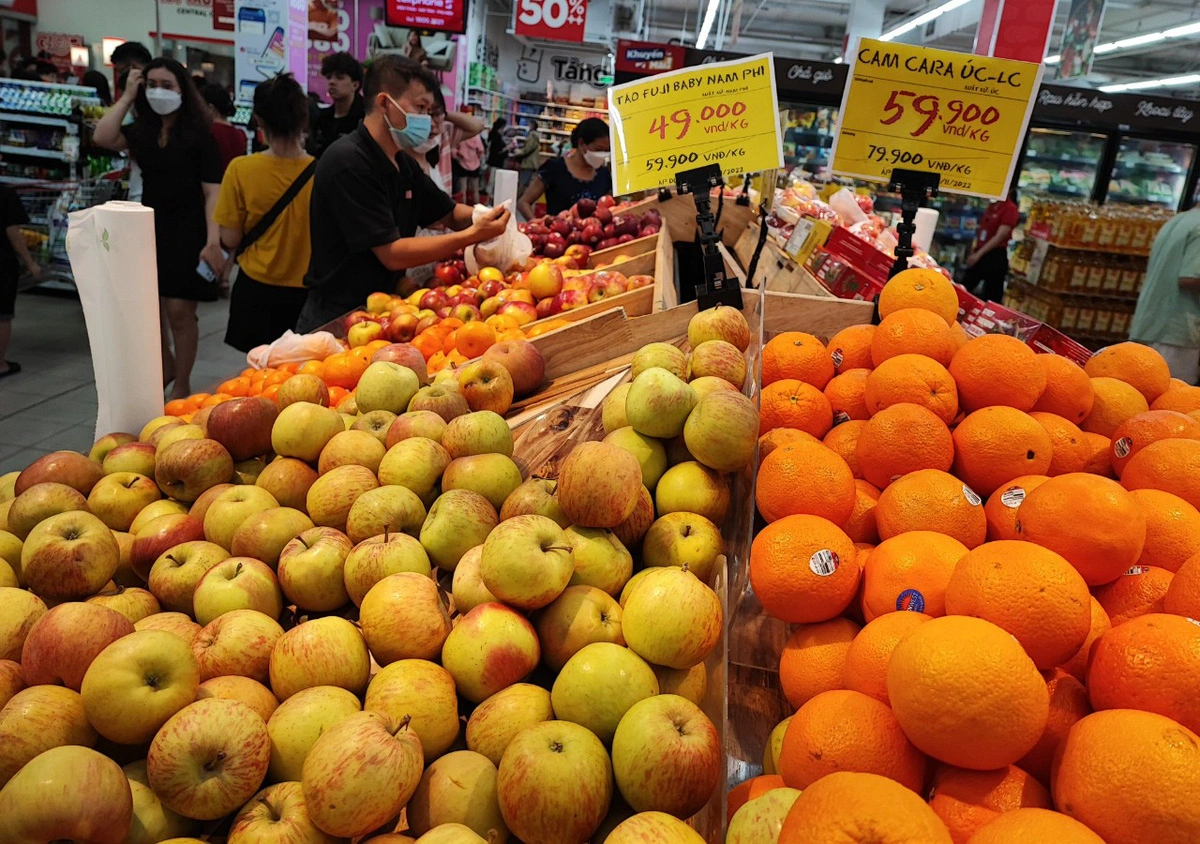















Comment (0)